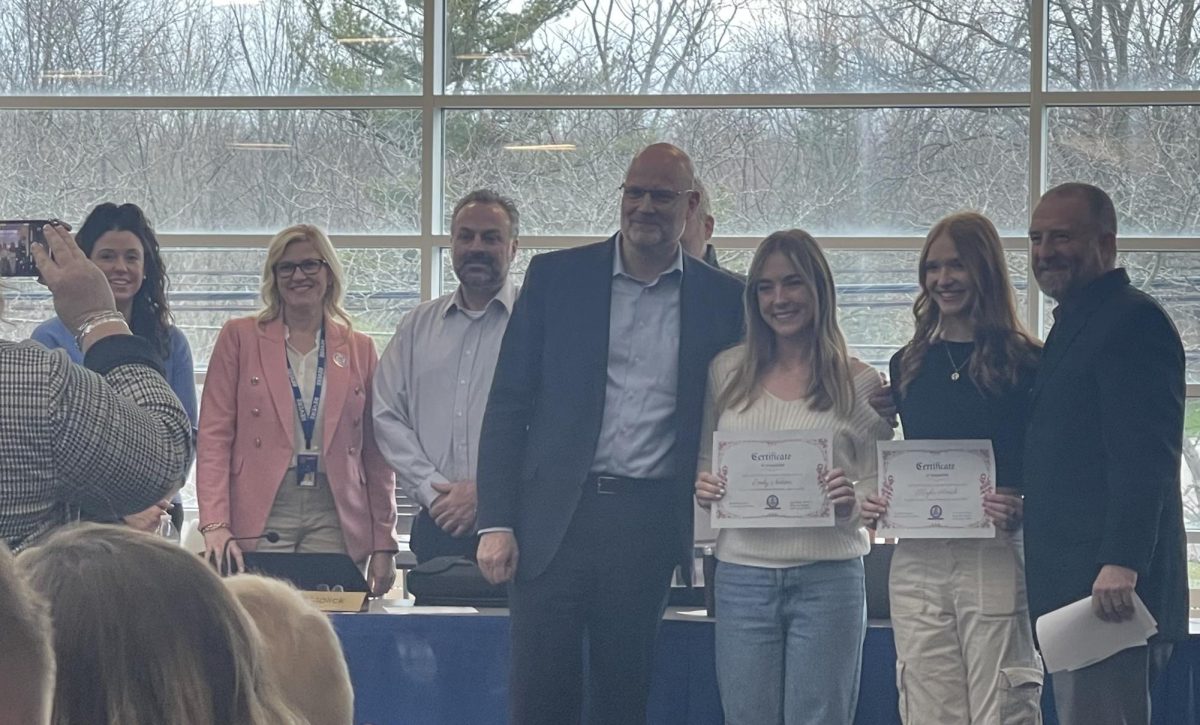A quiet rhythmic beat accompanies every breath, step and sound a person makes, with each da-dum representing blood pumping through the veins. For Emily Nelson, the thumping in her chest not only signifies her life and her passion but her desire to use as many of her heartbeats to advocate for and help those with heart-related health issues.
Cardiovascular health, otherwise described as the healthiness of one’s heart and blood vessels, impacts everyone. According to Revere district nurse Carrie Worner, heart-healthy living occurs when one takes steps such as a proper diet, exercising and seeing a doctor to maintain a healthy heart.
“Heart health basically is just doing things so that you . . . have a healthy heart. So eating properly, exercising, going to the doctor yearly to make sure that your blood pressure and everything is good, getting blood work done. . . . Your heart is the main organ that provides oxygen to every part of your body, so if you don’t have a good heart, then it might also impact other parts of your body,” Worner said.
Taking care of the heart is important, but not all cardiovascular issues are preventable. Heredity plays a role in determining the diseases one has or is prone to. Though people cannot avoid hereditary problems, monitoring cholesterol levels, getting exercise and maintaining a certain heart rate can prevent further issues from arising.
“Sometimes you don’t have any control over that, because a lot of heart health is because of heredity. So if you know that you have [cardiovascular problems] in your family, then you can . . . do the proper things to keep your heart healthy. Eating foods that are high in fats . . . can affect your cholesterol, and cholesterol can lead to narrowing of the arteries [or] hardening of the arteries which then puts stress on your heart. So getting exercise, just even walking daily is fine. . . . Again, sometimes heredity plays a factor. But in that case, you can do things to maybe prevent them,” Worner said.
The American Heart Association (AHA) nominated Revere high school sophomore Emily Nelson as a 2024 Teen of Impact last December, but her journey with heart health began even before she was born. Christi Eberhardt, Nelson’s mother, suffered a cardiac arrest when she went sixty-two minutes without a heartbeat. Several people walked by Eberhardt without performing CPR, and when she finally received medical attention, medical professionals suggested she would have a two percent chance of waking up. Had she woken up, doctors believed that Eberhardt would be in a vegetative state. Fortunately, she made a full recovery, and sixteen months later she had Nelson.
As a result of her experience, Eberhardt sought ways to bring more awareness to heart health and CPR. After finding out about the AHA, a voluntary organization centered around fighting heart disease and stroke, Eberhardt began her work with the foundation to encourage the spread of heart knowledge.
“[The] American Heart Association is [an] association that raises money for heart awareness. They’re all about heart awareness. They do a bunch of research to try to figure out how to stop things in the future, like trying to figure out what heart things are genetic. So it’s just kind of all about that. . . . [My mom] wanted to raise more awareness and make it so other people knew how to do CPR,” Nelson said.
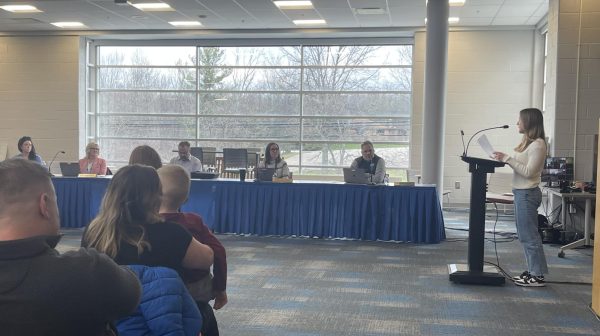
Sixteen months after Eberhardt’s cardiac arrest, she gave birth to Nelson. Over the next decade, the mother-daughter duo worked to inform the world about the importance of cardiovascular health and CPR. Nelson advocated to get House Bill 113 passed, which would require all high school students in Ohio to take a CPR class before graduation.
“[House Bill 113] is the house bill that got passed that all high school students graduating in the state of Ohio must take a CPR class before they graduate. My mom and I went to Columbus weekly to advocate for this bill. I was only eight years old when I talked to the House of Representatives and told them how important CPR was. We shared the video of my mom’s cardiac arrest, and the bill passed,” Nelson said.
Passing House Bill 113 was not the only goal that Nelson and Eberhardt worked toward. There are two CPR teaching machines at Cleveland Hopkins Airport that the duo advocated for and later installed. Additionally, Nelson visited Orange High School to educate the staff on and teach them CPR, and will do the same for Revere in April.
“One hundred forty-two people were taught CPR that day, from the teachers to the administrative to the bus drivers—every person learns CPR. [In April] I get to come to Revere and do the same thing. How exciting; I know something my teachers don’t,” Nelson said.
Twelve years after Eberhardt suffered a cardiac arrest and ten years after having her daughter, Eberhardt experienced a Spontaneous Coronary Artery Dissection (SCAD) heart attack. Nelson, who had spent the night at a friend’s house, woke up to the news and learned that her mother needed to have open heart surgery. Eberhardt had a chance to say a final goodbye to her family and her daughter, Nelson, as medical professionals feared that she would not survive the surgery.
“When I was ten years old, [my mom] had a SCAD heart attack. I remember I had spent the night at my friend’s house and woke up to being told that my aunt was picking me up and we had to rush to the hospital because something was wrong with her. I found out she was going into open heart surgery and had a very small chance of survival. I have never been so scared in my life. I didn’t want to lose my mom. . . . They had to have her say goodbye to me and all my family, because they thought she wouldn’t get to make it,” Nelson said.
The surgery was a success, and Eberhardt made a full recovery. After her SCAD heart attack, a specialist diagnosed her with Fibromuscular Dysplasia (FMD), a disorder which causes the body’s medium-sized arteries to narrow and enlarge. Her medical emergency and newfound diagnosis prompted both herself and Nelson to get more involved with the AHA, and take steps to educate people about these cardiovascular health.
“[My mom] had a heart attack, and it was another big thing. So she decided to make it in the American Heart Association more. . . . Since I was little, I’ve always been a part of the American Heart Association because of my mom, . . . so that makes me want to have more awareness and raise money,” Nelson said.
Eberhardt is not the only one in her family that has heart problems, either. Doctors noticed that Nelson has irregular heartbeats, and with the possibility that she inherited heart issues from her mother, they decided it was best to place a monitor in her heart and have her visit the cardiologist every few months.
“I get checked out all the time by heart doctors and stuff, and they’ve noticed that I have arrhythmias which are irregular heartbeats. I had a heart surgery a year and a half ago . . . and basically, they just put a heart monitor that’s the size of a USB inside of me. . . . If my heart ever has pain, I have a remote that I can press, and then it will send my heartbeat to my doctor. . . . Right after my surgery, I went [to the cardiologist] once every three months, but regularly, I go once every six months,” Nelson said.
Due to Nelson’s connections to the AHA through her mother, she was nominated as a 2024 Teen of Impact in December. With her title comes a challenge, where she must blindly compete with other teenagers from Northeast Ohio and around the country to raise as much money as possible. The amount raised by each nominee will remain hidden until the end of the competition on April 4, and the money will go to further research on cardiovascular diseases and ways to more easily catch and prevent serious heart issues.
“[Teens of Impact] try to get people to [donate] money . . . to further research for [the] heart and trying to figure out genetics and stuff. . . . It’s kind of like a competition to see who can raise the most, but we’re all kind of teaming up because all of it’s going to the same cause. It’s kind of just for further research. . . . [Heart disease is] one of the main causes of death across [the] United States. . . . If [the American Heart Association] get[s] further research, then maybe they could stop some future heart diseases or figure out how to, maybe not even how to cure some, but like, how to prevent it before it happens,” Nelson said.
Eberhardt received a phone call from the foundation who was looking to nominate eight teens in the state of Ohio for the title. To officially receive it, Nelson had to present her reasons why she was advocating for heart health, and how she planned to raise money over the next three months.
“[The American Heart Association has] a lot of connections through my mom. So they told me that they were looking for like four impacts for Northeast Ohio. So they just gave my mom a call and [were] like, ‘Would Emily be interested in this?’ And then I said yes. I had to go to a couple of lunches to really get myself nominated. . . . I had to make a video and they play[ed] all of our videos as to what is our ‘why’ for doing this. And then at the lunches they talk about what we’re going to be doing further since we only have a three month mark to raise money,” Nelson said.
After Nelson’s nomination, she and Eberhardt met with associate principal Doug Faris to discuss her new title. Both Nelson and her nomination serve as a demonstration of Revere’s core values, Vision of a Minuteman.
“When you look at our Vision of a Minutemen, [Nelson] can be placed in several categories but the two main ones that I feel are a) engage with a purpose and b) communicates truth. Emily is completely interested in helping people so she uses this platform to bring awareness and encourage others to learn about heart disease,” Faris said.
Nelson’s motivation to assist and inform people about cardiovascular diseases and CPR shines through to Faris.
“[Nelson] definitely wants to help people and bring awareness to heart disease as well as having training on the AED machines that we have all over the school,” Faris said.
Up until April 4, 2024, Nelson took donations on behalf of the American Heart Association as a 2024 Teen of Impact. Whether or not it be as an AHA member, Nelson will continue to advocate for and spread knowledge about heart health.
This story was originally published on Lantern on April 12, 2024.

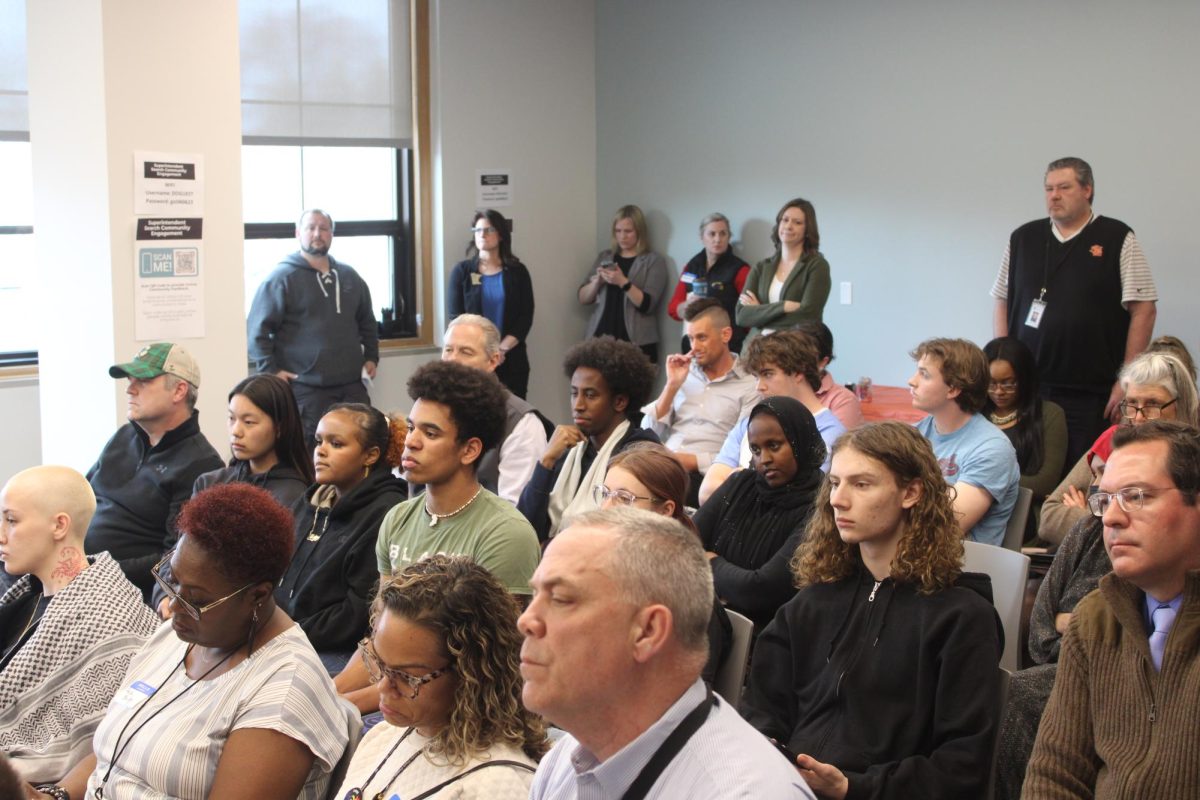
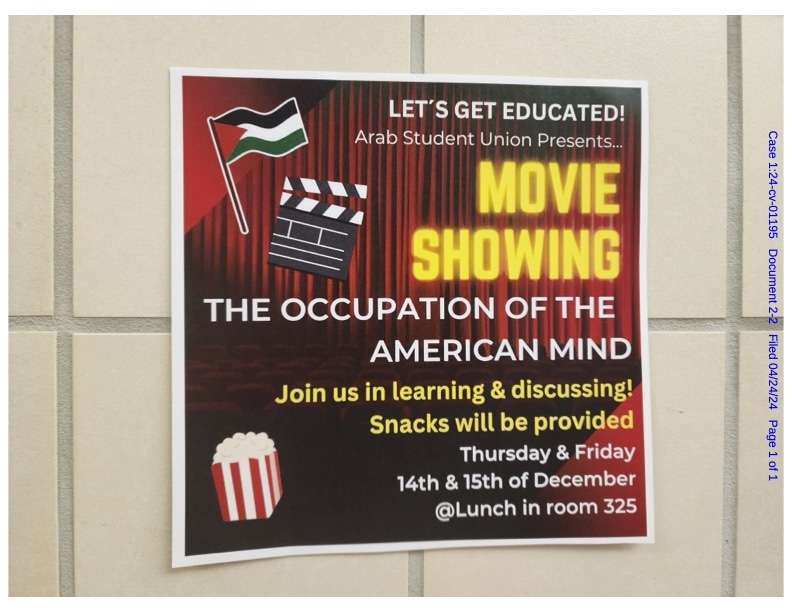
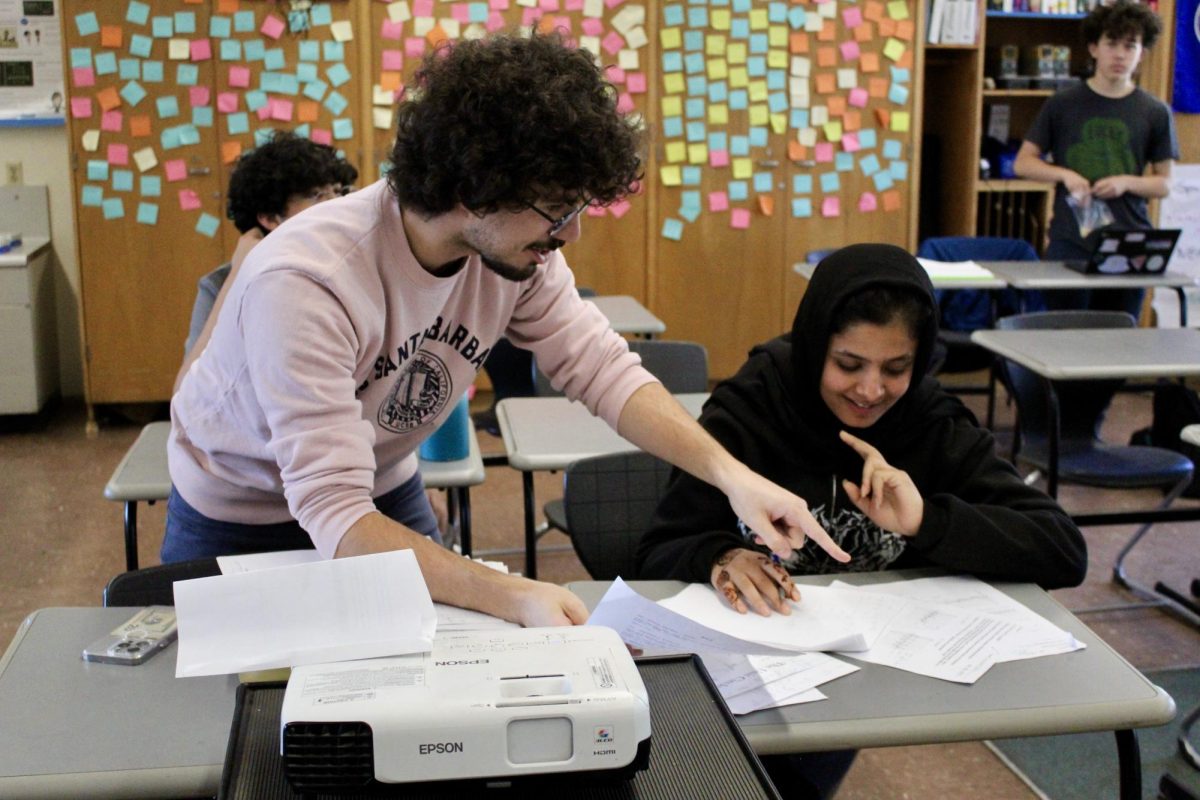
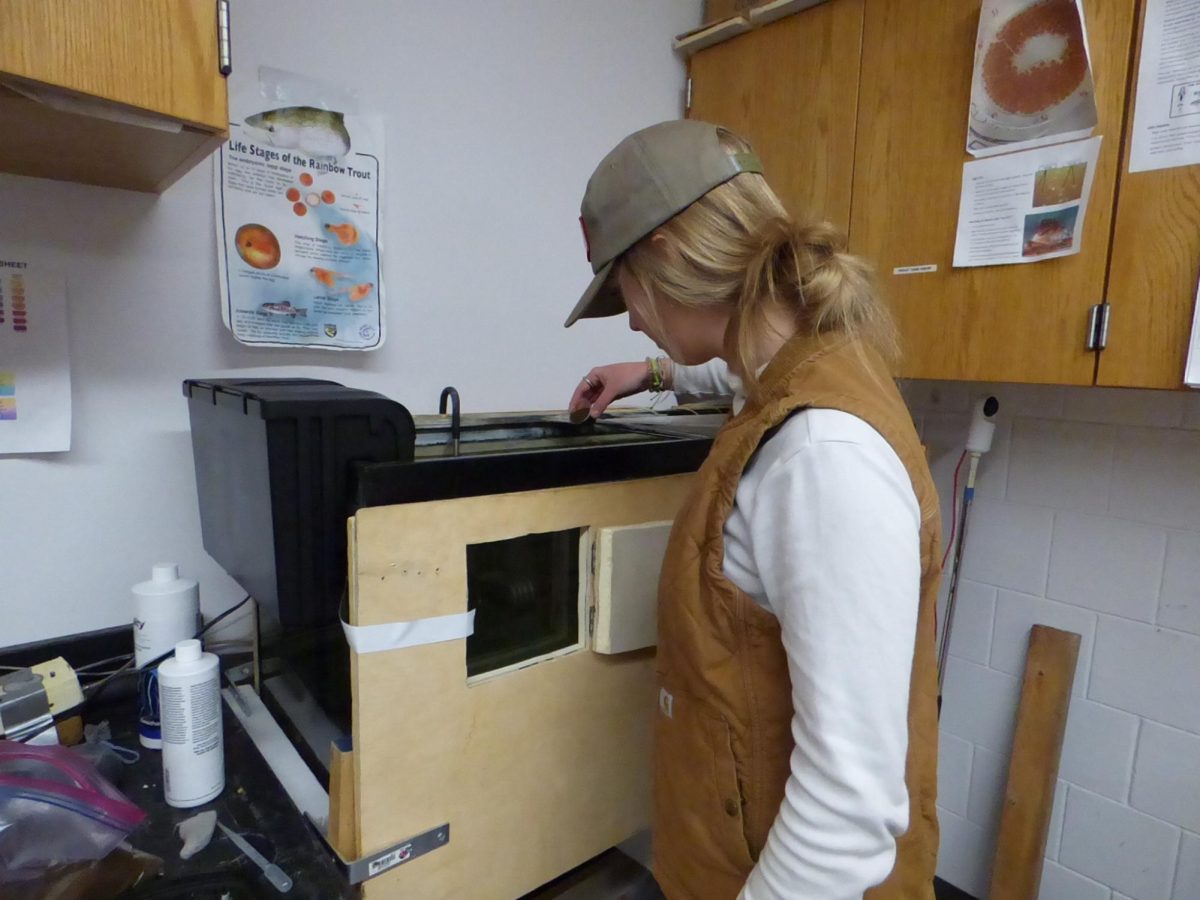
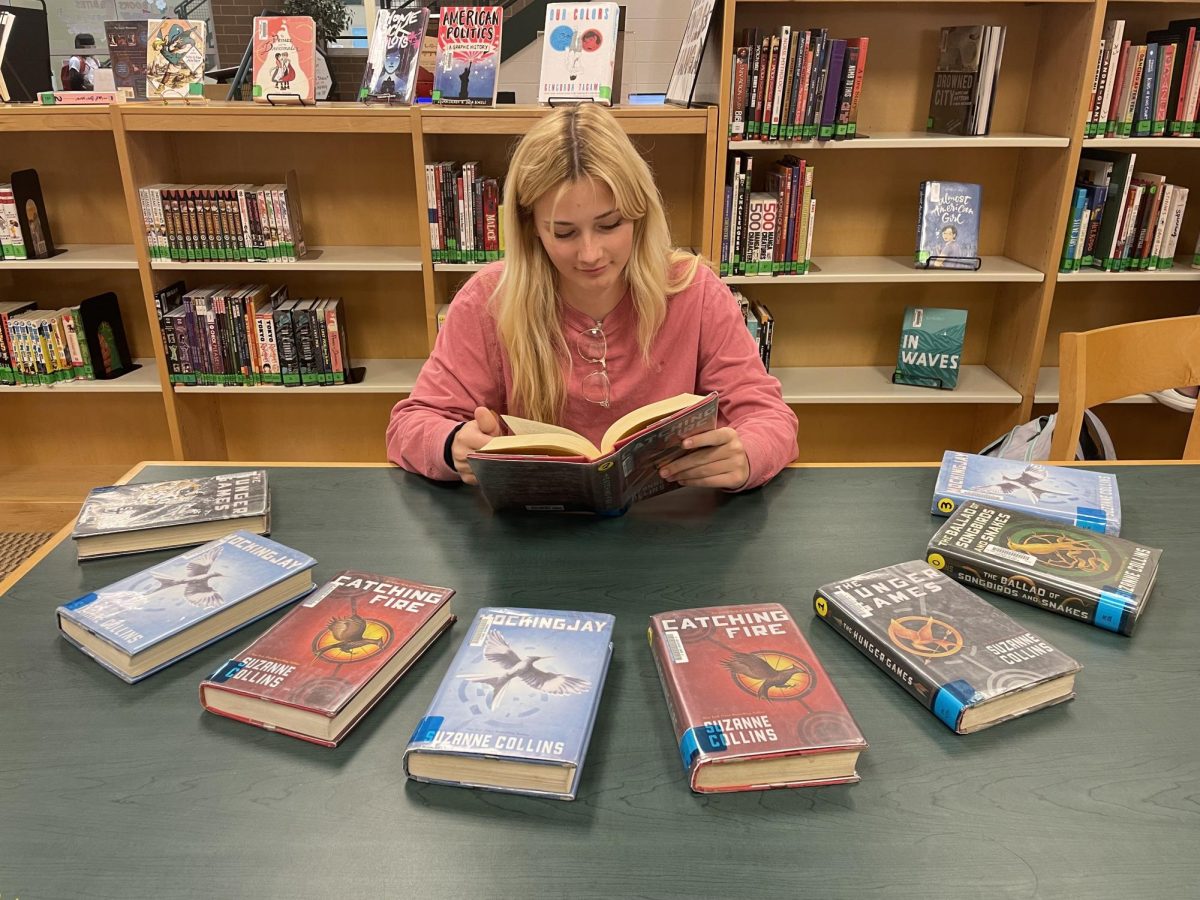

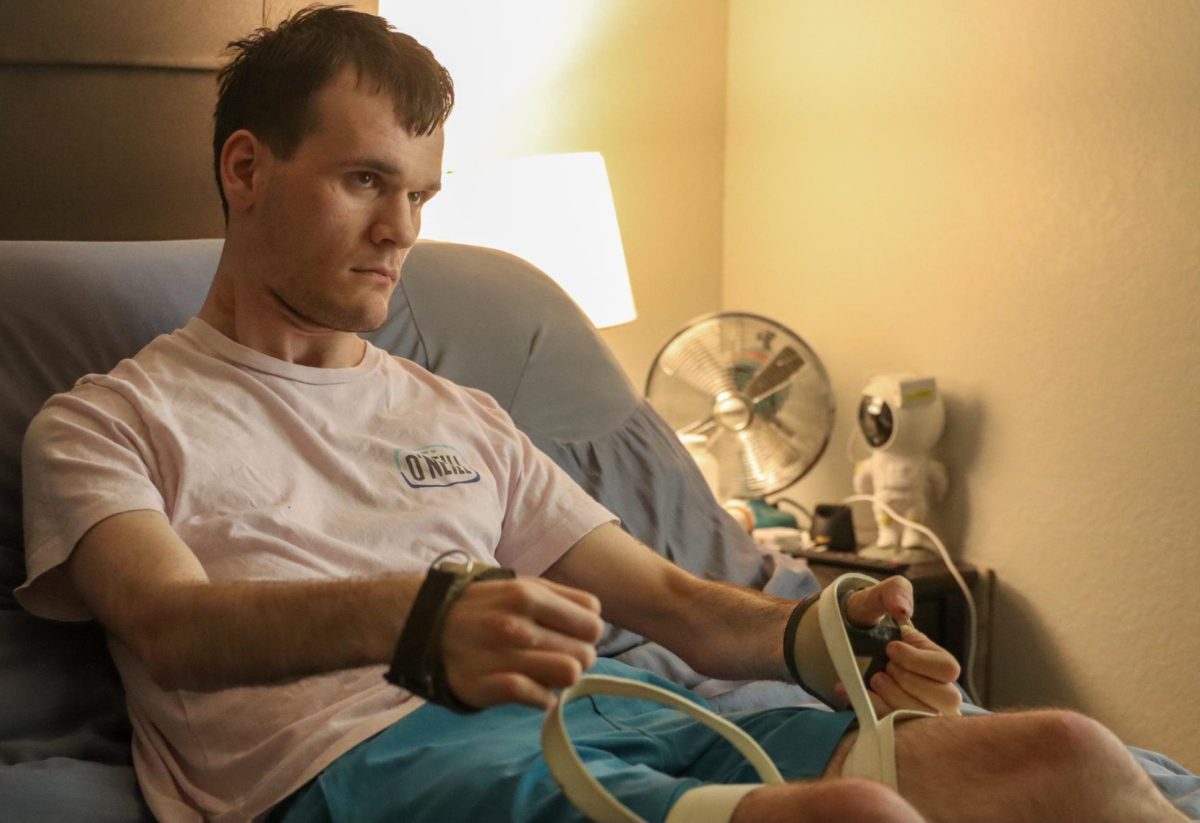



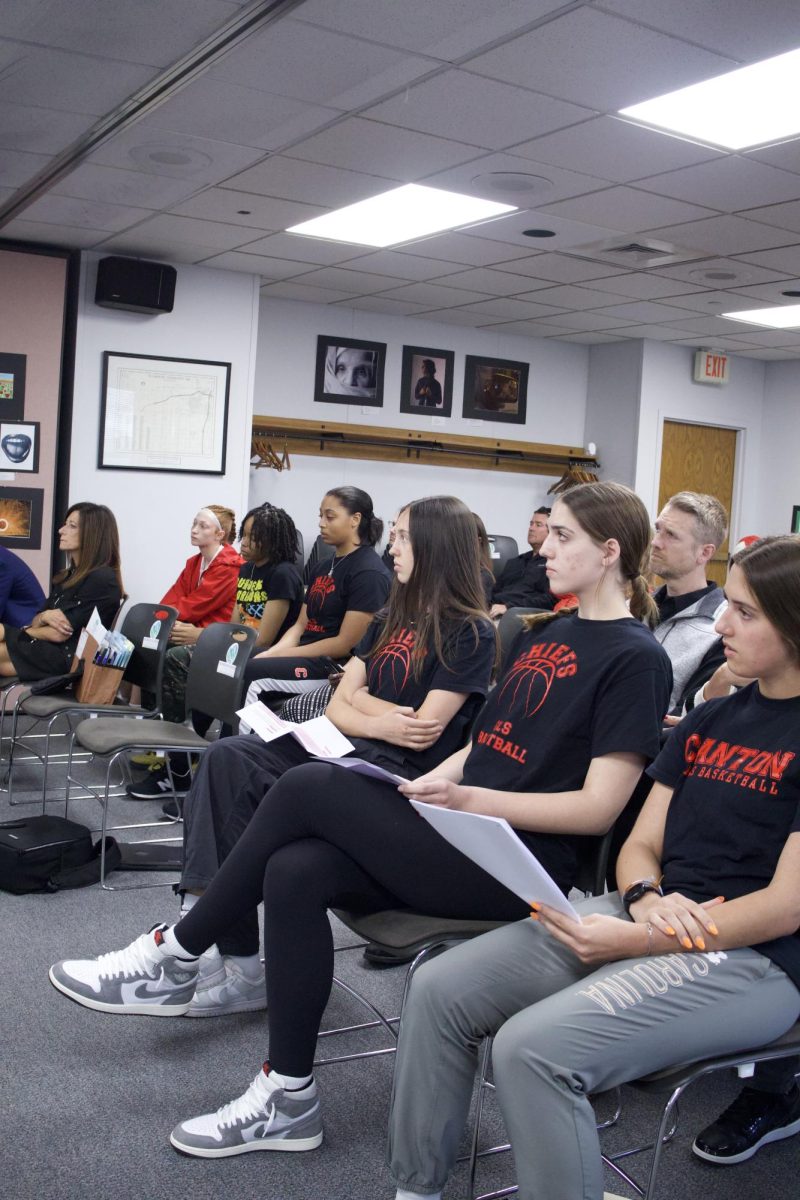

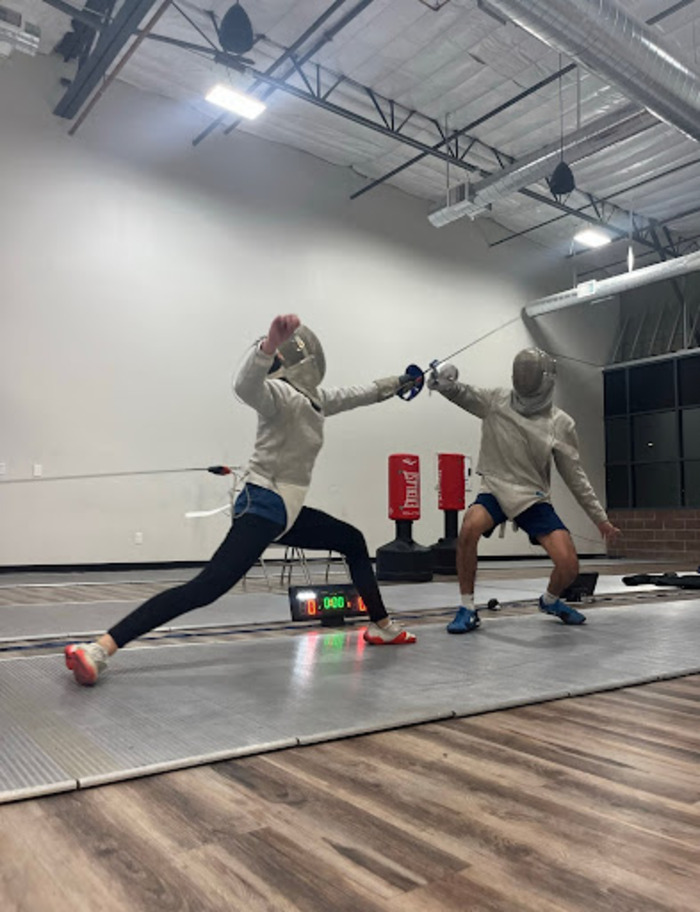

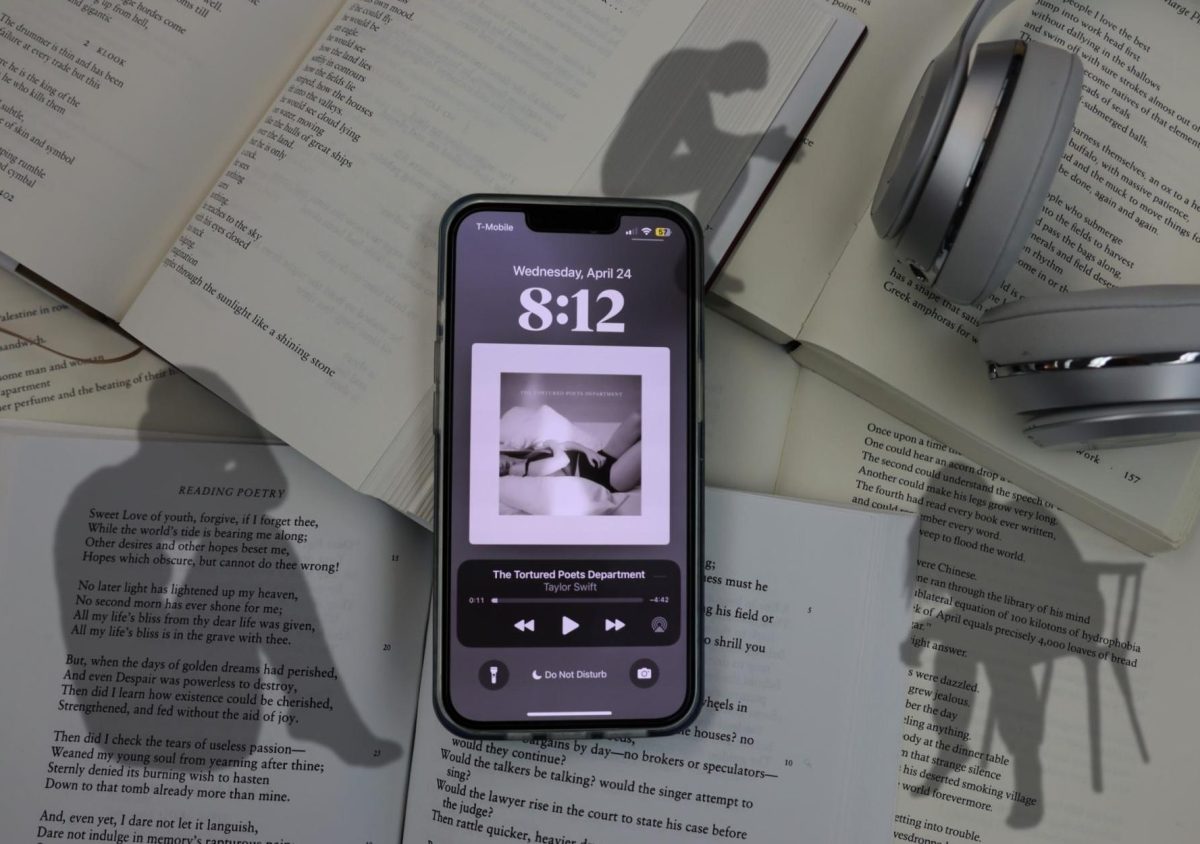














![IN THE SPOTLIGHT: Junior Zalie Mann performs “I Love to Cry at Weddings,” an ensemble piece from the fall musical Sweet Charity, to prospective students during the Fine Arts Showcase on Wednesday, Nov. 8. The showcase is a compilation of performances and demonstrations from each fine arts strand offered at McCallum. This show is put on so that prospective students can see if they are interested in joining an academy or major.
Sweet Charity originally ran the weekends of Sept. 28 and Oct. 8, but made a comeback for the Fine Arts Showcase.
“[Being at the front in the spotlight] is my favorite part of the whole dance, so I was super happy to be on stage performing and smiling at the audience,” Mann said.
Mann performed in both the musical theatre performance and dance excerpt “Ethereal,” a contemporary piece choreographed by the new dance director Terrance Carson, in the showcase. With also being a dance ambassador, Mann got to talk about what MAC dance is, her experience and answer any questions the aspiring arts majors and their parents may have.
Caption by Maya Tackett.](https://bestofsno.com/wp-content/uploads/2024/02/53321803427_47cd17fe70_o-1-1200x800.jpg)
![SPREADING THE JOY: Sophomore Chim Becker poses with sophomores Cozbi Sims and Lou Davidson while manning a table at the Hispanic Heritage treat day during lunch of Sept 28. Becker is a part of the students of color alliance, who put together the activity to raise money for their club.
“It [the stand] was really fun because McCallum has a lot of latino kids,” Becker said. “And I think it was nice that I could share the stuff that I usually just have at home with people who have never tried it before.”
Becker recognizes the importance of celebrating Hispanic heritage at Mac.
“I think its important to celebrate,” Becker said. “Because our culture is awesome and super cool, and everybody should be able to learn about other cultures of the world.”
Caption by JoJo Barnard.](https://bestofsno.com/wp-content/uploads/2024/01/53221601352_4127a81c41_o-1200x675.jpg)





